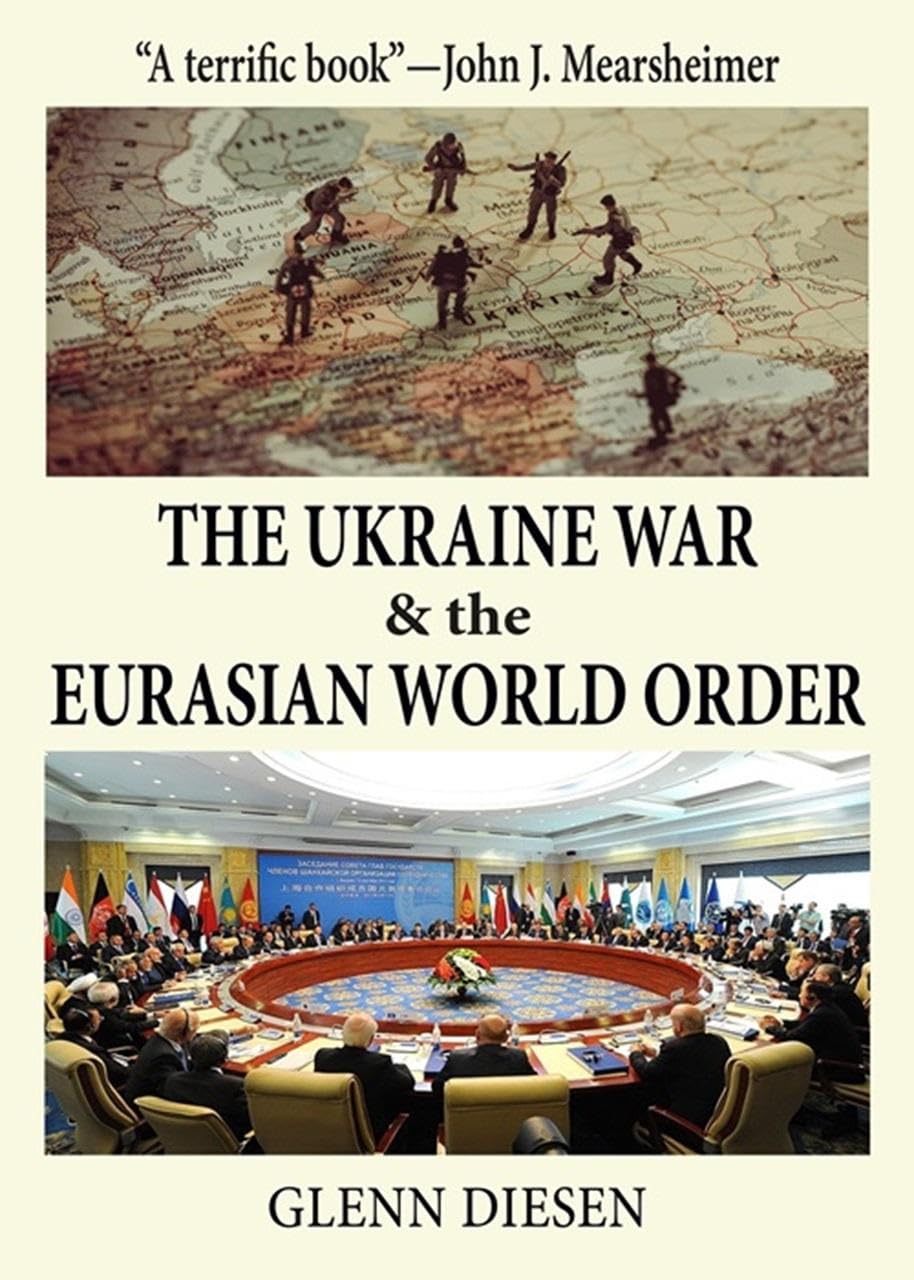Take for example the agricultural industry. Any price increase in electricity impacts costs at every step in the supply chain – from grower/producer to manufacturer, wholesaler, retailer to consumer. As each step adds its extra fuel costs, so must the next step increase its prices to cover not only its own increased power bills, but those passed on to it by the previous step, if it is to remain viable. This is what I call “The Ratchet Effect”.
At the consumer end, household budgets are also affected by the increasing power bills, leaving less to spend on food, transport, health, clothing, services, maintenance and entertainment. This in turn adversely affects overall consumer demand and thus our economy as a whole suffers.
For small businesses the ratchet effect is a double whammy. Small businesses can’t readily absorb increased costs or pass these on to already financially stressed customers. Supermarkets on the other hand can push many costs back on suppliers and strategically manage retail prices across multiple lines to diffuse costs and maintain profit margins. But the ratchet effect inevitably spreads across all sectors pushing up prices and supressing demand at an ever-increasing rate.
As consumers we are meant to be grateful to the government for the fuel rebates. But this is a sleight-of-hand. It’s our money (tax) that the government is giving back to us. Rebates and subsidies serve to hide the real cost increases of moving to an electricity grid reliant on intermittent wind and solar power that has to be backed up by other more reliable sources. In reality we are paying for duplicate systems. One system that is a risky experiment to supposedly achieve the illusive and impossible fairyland target of net zero* and the other to keep the lights on.
The “Ratchet effect” is not going to go away any time soon unless we change our energy mix to achieve a more rational and affordable mix. We are bleeding businesses dry, wrecking our economy, rural landscapes and agricultural industries and diverting inordinate resources (virtually the equivalent of a war effort) on a poorly planned and vulnerable electricity grid that will need to be regularly replaced at an even greater cost in a decade or so. All for what? Has anyone told us by how much the world’s temperature will be reduced after this effort?
*Net Zero
In the author’s view Net Zero is a marketing slogan designed to sound concrete and authoritative but which is nevertheless nebulous and impossible to measure. If you look it up as a term it seems to mean many things to many people. Interestingly I found this reference very “enlightening”:
According to Earth.Org the only country to achieve Net Zero is Bhutan.
Bhutan is the world’s first carbon negative country. Mainly because of its extensive forests, covering 70% of the land, the Kingdom is able to absorb more carbon dioxide than it produces. How did Bhutan get here and how can the country be an example for the rest of the world? Bhutan is both the happiest and also the greenest country in the world. In the past 50 years, the Bhutanese government chose to measure progress beyond Gross Domestic Product (GDP), by focusing instead on the Gross National Happiness (GNH) and placing emphasis on environmental protection. GDP, a measure of an economy’s growth, is the standard unit to measure a nation’s economic strength between years. While traditional development models emphasise economic growth as the ultimate goal, the Gross National Happiness notion is based on the idea that human societies grow when material and spiritual development take place side by side to complement and strengthen one another.
So, there you go we are aiming for Gross National Happiness.
Note: Guest author Mem has a background in strategic planning, business development, agricultural supply chain management and marketing.
